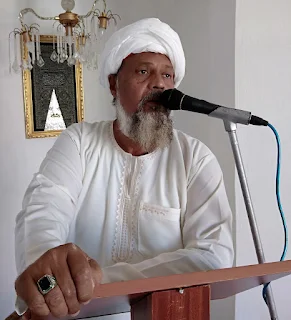What is 'Qurbani' ?
One such sacrifice in
Islam commemorates the event where Hazrat Ibrahim (as) offered the life of his
son at the command of Allah (swt) but which afterwards Allah (swt) replaced
with a sheep [ram]. This manifestation of love from Hazrat Ibrahim (as) to Allah
(twt) has marked an unprecedented event in the history of Islam. This gave rise
to a rite called Qurbani or Udhiya which has been perpetuated in
Islam. This practice has been followed by the Holy Prophet Muhammad (pbuh) and
Allah (twt) has made it mandatory (Waajib) for Muslims who have the
means to do so. This kind of sacrifice is not only prescribed for us, the
spiritual people of the Holy Prophet Muhammad (pbuh), but it was also applied
to the past peoples before us, as mentioned in the Holy Quran:
“For every community We have appointed a rite of sacrifice so that they may pronounce the Name of Allah over the sacrificial animals He has provided for them.” (Al-Hajj 22: 35)







